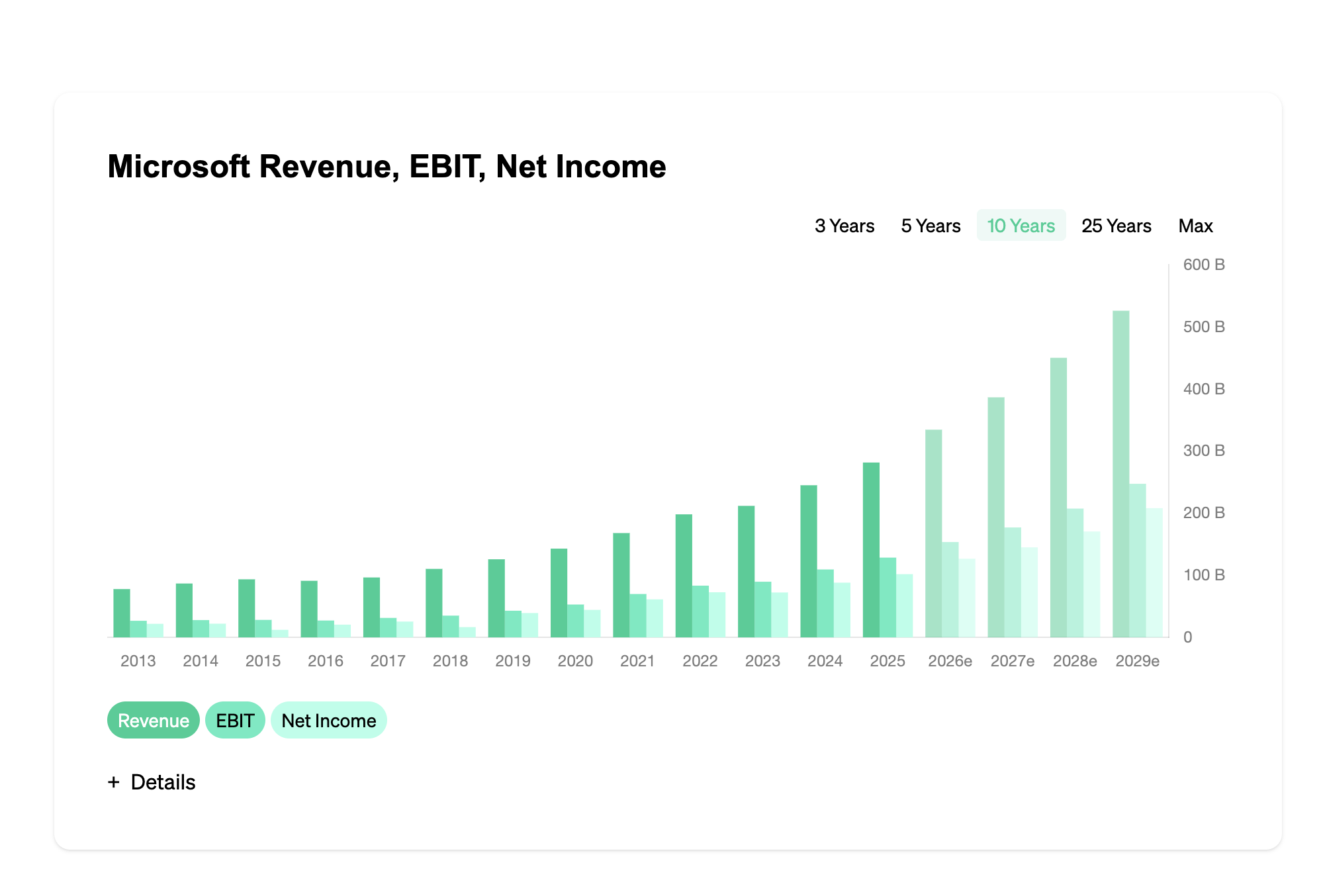Build Own Operate
Definition und Erklärung
TL;DR – Kurzdefinition
Zu den FAQs →Build Own Operate: Definition: "Build-Own-Operate" (BOO) describes a business model commonly used in infrastructure development and project financing. It refers to a contractual arrangement where a party, usually a private company or consortium, assumes the responsibility for designing, constructing, owning, and operating a facility or infrastructure asset. This model is prevalent in various sectors, including energy, transportation, telecommunications, and public-private partnerships (PPP). "Build-Own-Operate" projects typically involve a lengthy contractual framework known as a concession agreement, which outlines the rights, obligations, and financial arrangements between the project company and the public entity or grantor. The project company assumes the risk involved in developing and operating the asset, usually financing a significant portion of the project costs through debt and equity. From a financial perspective, the project company may secure funding from various sources, including commercial banks, development banks, institutional investors, and capital markets. The funds acquired are primarily used to finance construction and acquisition costs. The company then generates revenue by operating the asset and charging users (e.g., toll fees for roads, electricity tariffs for power plants) or through a concession fee, as agreed upon in the concession agreement. The "Build-Own-Operate" model offers advantages to both the project company and the grantor. For the project company, it allows them to participate in infrastructure development, providing a steady revenue stream over an extended period. Additionally, the concession agreement guarantees the project company exclusive rights to operate the asset during the concession period. On the other hand, the grantor benefits from "Build-Own-Operate" projects by transferring the risks associated with infrastructure development, operation, and maintenance to the project company. In the case of PPPs, this model allows the government to leverage private sector expertise and resources, avoiding the burden of financing infrastructure projects solely using public funds. Overall, the "Build-Own-Operate" model has proven to be an effective mechanism for infrastructure development and finance. Its flexibility and potential for attracting private investment have made it a popular choice for various capital market participants seeking opportunities in infrastructure projects. With well-structured contractual agreements and sound financial management, "Build-Own-Operate" projects can lead to successful investments, spurring economic growth while fulfilling societal needs. As a leading platform for equity research and finance news, Eulerpool.com provides comprehensive insights into the "Build-Own-Operate" model and its applications in capital markets. With our glossary, investors and market participants can stay informed about this and other terms related to stocks, loans, bonds, money markets, and cryptocurrencies. Stay updated with the latest trends and developments in the industry, supporting your investment decisions with expert knowledge. Visit Eulerpool.com today!
Ausführliche Definition
Häufig gestellte Fragen zu Build Own Operate
Was bedeutet Build Own Operate?
Definition: "Build-Own-Operate" (BOO) describes a business model commonly used in infrastructure development and project financing. It refers to a contractual arrangement where a party, usually a private company or consortium, assumes the responsibility for designing, constructing, owning, and operating a facility or infrastructure asset.
Wie wird Build Own Operate beim Investieren verwendet?
„Build Own Operate“ hilft dabei, Informationen einzuordnen und Entscheidungen an der Börse besser zu verstehen. Wichtig ist immer der Kontext (Branche, Marktphase, Vergleichswerte).
Woran erkenne ich Build Own Operate in der Praxis?
Achte darauf, wo der Begriff in Unternehmensberichten, Kennzahlen oder Nachrichten auftaucht. In der Regel wird „Build Own Operate“ genutzt, um Entwicklungen zu beschreiben oder Größen vergleichbar zu machen.
Welche typischen Fehler gibt es bei Build Own Operate?
Häufige Fehler sind: falscher Vergleich (Äpfel mit Birnen), isolierte Betrachtung ohne Kontext und das Überinterpretieren einzelner Werte. Nutze „Build Own Operate“ zusammen mit weiteren Kennzahlen/Infos.
Welche Begriffe sind eng verwandt mit Build Own Operate?
Ähnliche Begriffe findest du weiter unten unter „Leserfavoriten“ bzw. verwandten Einträgen. Diese helfen, „Build Own Operate“ besser abzugrenzen und im Gesamtbild zu verstehen.
Leserfavoriten im Eulerpool Börsenlexikon
Reihung von Plänen
Reihung von Plänen ist ein entscheidendes Konzept in den Kapitalmärkten, insbesondere in Bezug auf Investitionen in Aktien, Kredite, Anleihen, Geldmärkte und Kryptowährungen. Dieser Begriff bezieht sich auf die systematische Anordnung...
Prüfungstechnik
Definition: Als Prüfungstechnik bezeichnet man im Bereich der Finanzmärkte eine methodische Herangehensweise zur Untersuchung und Bewertung von Unternehmen, Finanzinstrumenten oder Geschäftspraktiken. Diese Technik wird von erfahrenen Investoren und Finanzexperten angewendet,...
Firmen-Image
Das Firmen-Image, auch bekannt als Unternehmensimage, bezieht sich auf das Gesamtbild und den Ruf eines Unternehmens in der Öffentlichkeit, das durch seine Kommunikation, Produkte, Dienstleistungen und Interaktionen mit Kunden, Investoren...
Goldparität
Goldparität ist ein Begriff, der sich auf das Verhältnis zwischen dem Preis von Gold und der Währung eines Landes bezieht. Es handelt sich um einen historischen Bezugspunkt, der die Wertstabilität...
Inhaberklausel
Die Inhaberklausel bezieht sich auf eine wichtige Bestimmung von Wertpapieren, die es ermöglicht, den Inhaber des Papiers als rechtmäßigen Eigentümer zu identifizieren. Diese Klausel ist insbesondere in Bezug auf Aktien...
Bundesaufsicht
Als "Bundesaufsicht" bezeichnet man die deutsche staatliche Aufsichtsbehörde, die für die Kontrolle und Überwachung der Finanzmärkte und der Kapitalanlagegesellschaften zuständig ist. Die Bundesaufsicht agiert als unabhängige Institution im Auftrag des...
Ausgleichstockgemeinden
Ausgleichstockgemeinden ist ein Begriff aus dem deutschen Finanzwesen, der sich auf eine Gruppe von Gemeinden bezieht, die Anspruch auf finanzielle Hilfen aus dem Ausgleichstock haben. Der Ausgleichstock ist ein Instrument...
Endrechnung
Endrechnung ist ein technischer Begriff aus dem Finanzwesen, der in verschiedenen Bereichen der Kapitalmärkte Anwendung findet. In der Welt der Investitionen und des Handels bezieht sich Endrechnung auf den abschließenden...
Traffic-Manager
Verkehrsmanager Ein Verkehrsmanager ist ein Fachexperte, der in der Welt der Kapitalmärkte eine bedeutende Rolle spielt. Diese Fachkraft ist dafür verantwortlich, Transaktionen im Zusammenhang mit Handelsaktivitäten zu überwachen und zu verwalten....
Tarifsystem
Das Tarifsystem bezieht sich auf die strukturierte Methodik zur Festlegung von Preisen, Gebühren oder Tarifen in bestimmten Branchen und gilt besonders im Zusammenhang mit Dienstleistungen oder Produkten, die von regulierten...

